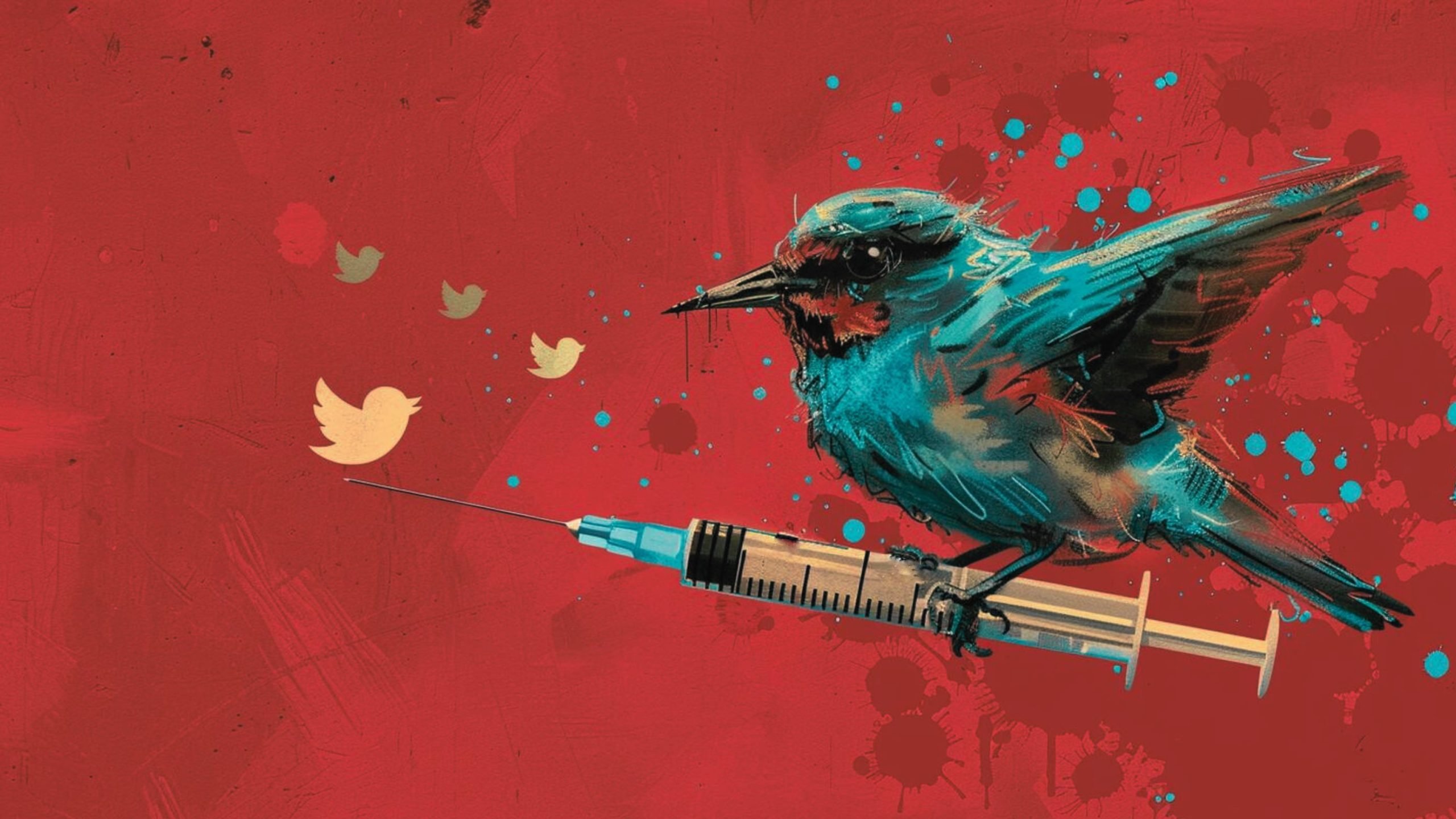More internal documents originating from X have emerged, revealing some of the dynamics and ways used by the US government to, through one kind or another of roundabout pressure, nudge social platforms in the direction of censoring speech around Covid topics.
How this happened on the now former Twitter is what the documents reveal, and it all goes back to 2021 when a former Biden administration “Covid response” adviser, Andy Slavitt (who was at the point of these interactions still using the White House email address), put major Covid vaccine-maker Pfizer’s board member Scott Gottlieb in touch with Todd O’Boyle.
Alex Berenson, who has an active lawsuit against the Biden administration’s censorship attempts, has reported on this, suggesting that it was O’Boyle’s role was to, as a senior lobbyist for Twitter, interact with the White House. “I wonder if you would be open to a 20 minute call with Scott Gottlieb and me about a policy matter,” reads one email Slavitt sent to O’Boyle.

All this was happening just as the debate around Covid vaccines was heating up. Specifically, there was rising skepticism about the effectiveness of these jabs, and this was the time when the infamous “booster shots” made their debut.
This, according to the documents, sprung Pfizer (who clearly benefited from selling as many “boosters” as possible) to action, with Gottlieb at one point telling O’Boyle there was concern about “false narratives on key public health issues.”
That’s one way of saying that criticism of the vaccine needs to be suppressed as misleading.
Next in this particular chain of events – a part of a bigger controversy that some consider to be no less than a US government-Big Tech collusion – was O’Boyle letting Twitter’s US public policy head Lauren Culbertson know about Gottlieb’s sentiment.
Culbertson then shared this with other Twitter execs, indicating that – although the Pfizer board member’s remarks, as well as those made by Slavitt, were carefully worded – they were in fact directly related to the Biden administration’s pressure to shut up vaccine skeptics on Twitter.
But it wasn’t the only form of pressure social platforms were experiencing at the time.
Some observers – and victims of censorship – see repeated threats of “reform” or “review” of Section 230 (which protects internet services from legal liability) as something the White House used to “prime” these companies to become susceptible to other kinds of pressure.










